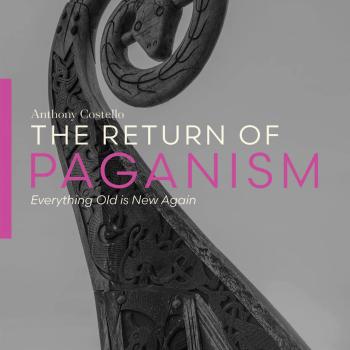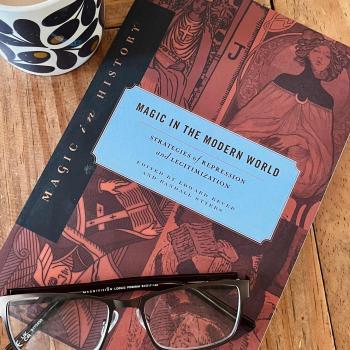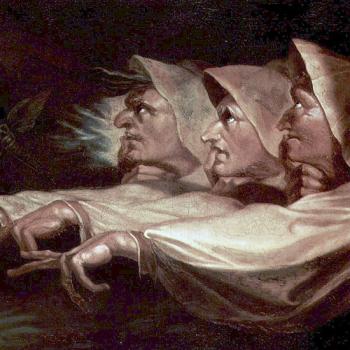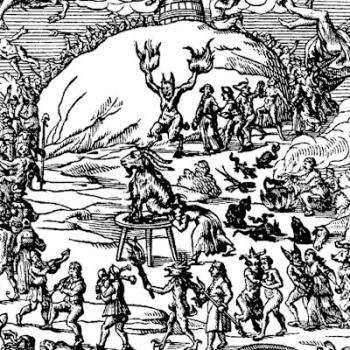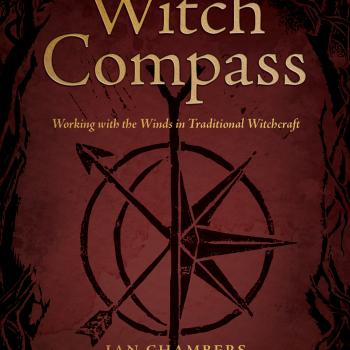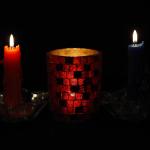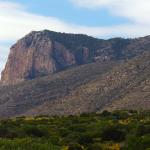Things I’ve been contemplating lately synchronised for me today when my Facebook feed presented a post from someone whom I respect greatly in our community, BJ Swain.
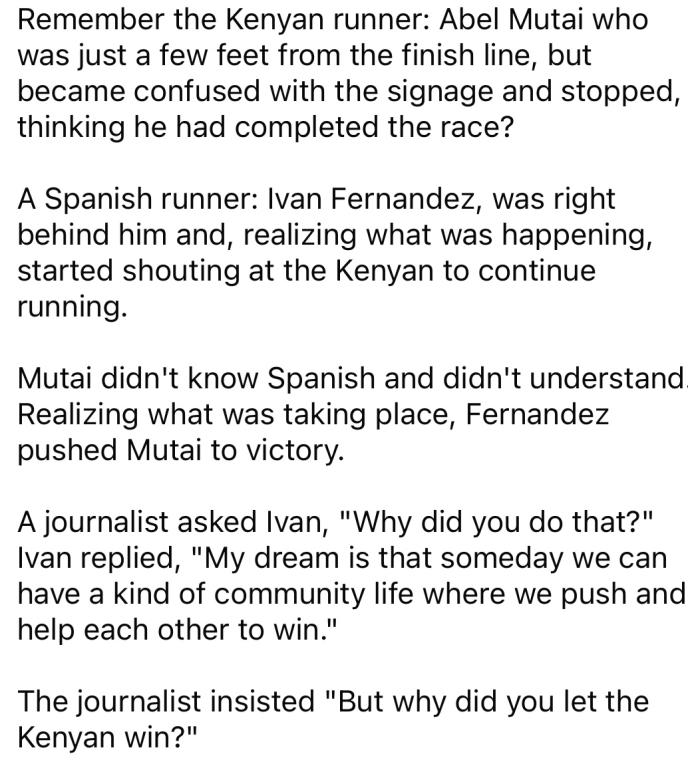
This moral story is both true and representative of something I’ve found great solace in over the last year that I have become a runner in earnest. The running community generally has an encouraging and nourishing ethos as I’ve found it to date, frequently reminding me that the only person I am racing is myself.
As I sit in a sunny Surrey pub garden — elections looming in many countries — with a delicious golden ale at midsummer, I could reflect upon the meaning that the festival today marks. I could present some history and a veiled moral lesson, or impart some wisdom, even mine an old tradition or two out of cleverness or wit. But today, I thought I’d be more candid and vulnerable than usual.
I might tell you I started running because my weight was getting out of hand, my mental health had suffered from a lackadaisical ambivalence toward self-care, self-medication and poor decisions justified under a banner and imperatives such as:
To worship me take wine and strange drugs…
— Liber AL vel Legis. 2:22
I long endured a constant high level pursuit of gnosis that bounded upon the absurd. I also operated in work roles with full immersion, supported by caffeine, cigarettes, painkillers and several other unhealthy habits I kidded myself I was responsible for. I’m happy to report that none of these issues impede my life any longer, nor have they for some time now — yet I know I am amongst the lucky ones who survived.
The truth is that those aren’t why I started running. They’re an added benefit, for sure, and have become a part of the package. The reality is that I started running so I could endure the arduous ritual discipline that I had set for myself. Alongside this was the assertion of will to eat only wholesome and nourishing food, and to meditate rigorously and daily with single-minded focus. Extreme? Possibly. But the ends justify the means, until the means become — through myriad revelations — the ends themselves. We only alight upon the truth of old aphorisms when we meet them at the coal face and one such extols the virtue of observing that the journey is the destination. Evelyn Underhill (1875-1942) wrote in her 1911 Mysticism that the mystic is one who recognises the importance of the path — is cognisant of the destination, yet lingers and savours the journey itself, looks around more than occasionally to appreciate the beauty of the scenery and moment by moment repose in life. This has become a realisation I wish to impart and share, dear reader, in this midsummer note and reflect upon the import of community. Not a trite nod to a nice idea, but a spirit that nurtures and honours those of us who constitute a collective, unified by something intangible. Necessary to this is to acknowledge equality — not sameness — and to truly respect each other through our diversity which makes the foundation stronger, not weaker.
And so here I sit, reading Running with the Kenyans by Adharanand Finn — one in a series of books that satiates my thirst for information about what I have come to appreciate is our natural ability for endurance running. I wish to expose something of myself where I normally wouldn’t — opening to vulnerability rather than distance (ironic for someone who’s always running away…).
Running is a tribal, primitive urge and ability that our earliest ancestors stood upright to achieve — sacrificing strength and speed to be able to hunt prey to exhaustion. Persistence hunting, only available to homo-sapiens with unique musculoskeletal anatomy and posture, made our species one of the world’s greatest endurance athletes. This evolutionary revolution coincided with the need for high protein and fatty-acids that enabled brain growth that couldn’t be sustained through scavenging alone. At the same time, increased temperatures produced grassy savannahs and forced larger beasts — including our human species cousins — to retreat into the receding forest. Especial to our species of mammal is the ability to access multiple breaths per stride, and to thermo-regulate, which gave our ancestors an advantage over prey. We humans don’t have to outrun our prey — we just have to keep them running long enough that they overheat before we do. In this way, we were naked, hairless, oddly postured bipedal runners with sweat glands and large, protein hungry brains some time before — according to some studies of the archeological record — we figured out spears and archery.
This primal ‘muscle’ has provided scores of benefits to my understanding and growing appreciation for indigenous peoples and our human ancestors. It underscores the work to preserve what is being lost, that is our heritage and is in danger of being needlessly reinvented for a buck or two — but this time worse, and with built in obsolescence and extra cushioning to make it more comfortable… This includes uncontacted tribes and indigenous people who are literally living ancestors, and whose continued existence within the cancer of the technological post-industrial age is under great threat.
But the point I wish to emphasise in this screed is that subtle things emerge from a journey such as becoming, or even interested in, something like a runner — and I’m very little like a runner, really. Today’s sermon is brought to you by the word ‘community’.
The running world is big on community — at least in my experience. The greatest examples might be the Rarámuri, or Tarahumara, people of Chihuahua, Mexico, who form a central part of the book Born to Run. Yet today, with the Paris Olympics looming and many of the World Marathon Majors passed already, including London and Boston, it is the Kenyans who reign supreme.
People have studied the Kenyans endlessly to try to solve the puzzle as to why they, along with their neighbours in Ethiopia, represent the greatest endurance athletes in world race competitions in recent times. One message that appears frequently, and that is often overlooked, forms the national motto of Kenya: ‘Harambee’. This Swahili word roughly means, in English, something in the spirit of “we all pull together”, which is a meagre substitute for the sentiment of a coherent, egalitarian, fair credo that recognises something that cannot be articulated well in modern post-industrial culture. It infers that we are stronger together — that we recognise when somebody has overtaken us and we run not to compete but to encourage and support that strength.
I’m a great fan of the phrase “a rising tide lifts all ships”, especially with how we raise the bar within our own communities. We’re always better in those moments in which we are celebrating our colleagues when they triumph, and accepting their praise when we also succeed. Whilst we should always also acknowledge and respect pain and seek to support each other through troubled times, these are made the less by a focus on raising our collective spirit by respecting both —to borrow from the running world — the run and the runner. Returning to the start of this post, why did Fernandez stop and help Mutai when he could have snatched victory for himself? He had already been beaten by Mutai and the last minute confusion was a cheat’s victory, perhaps — an empty win? No, he stopped because when we endure together — even when it feels like an individual battle — we are bonded and share our victories as one. A valuable lesson.




